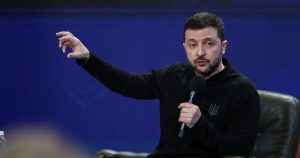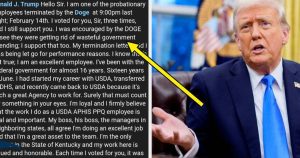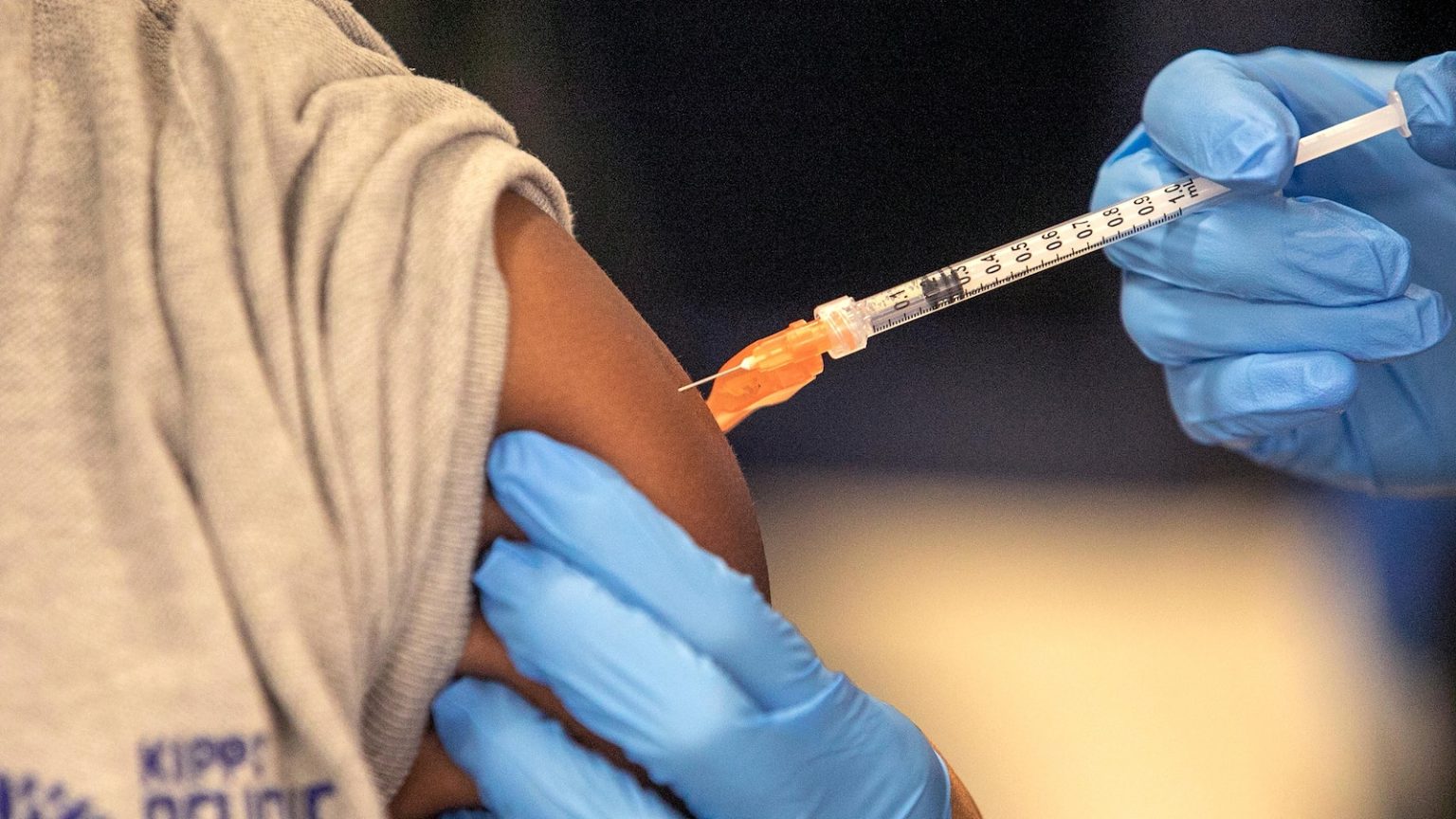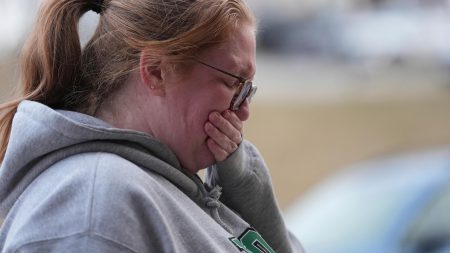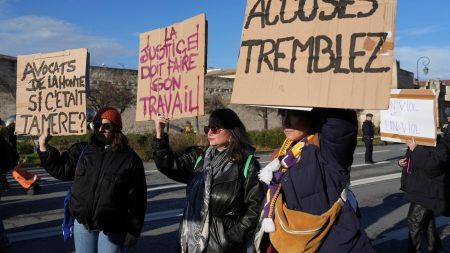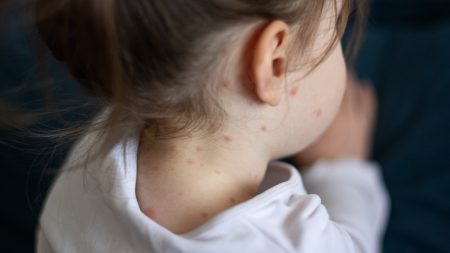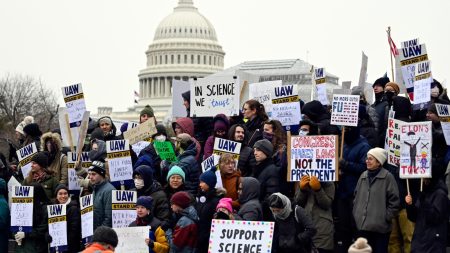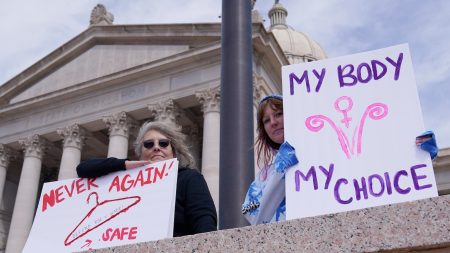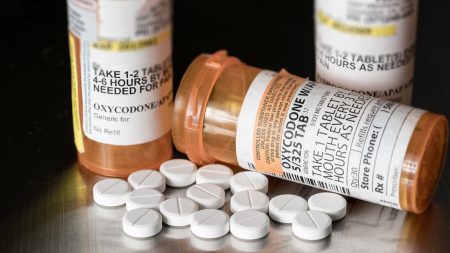Louisiana Health Department Halts Mass Vaccination Promotions Amid Virus Surge
The Louisiana Department of Health recently announced a significant shift in its public health strategy, stating that it will no longer promote mass vaccination efforts. This decision, outlined in a memo by Louisiana Surgeon General Ralph Abraham, comes at a time when the state is grappling with a surge in influenza cases. The memo, obtained by the Associated Press, directs staff to discontinue engaging in media campaigns and community health fairs aimed at encouraging vaccinations. While the department will continue to stock and provide vaccines, the change in policy has raised concerns among public health advocates and medical experts.
Abraham’s Directive and Criticism of Government Mandates
Surgeon General Ralph Abraham, a Republican, framed the decision as a pushback against what he described as “blanket government mandates” for vaccines. In a letter posted on the department’s website, he criticized the Centers for Disease Control and Prevention’s (CDC) COVID-19 vaccination efforts, arguing that individuals should make their own decisions about whether to get vaccinated. Abraham emphasized that the government should limit its role in medical practice, stating, “Government should admit the limitations of its role in people’s lives and pull back its tentacles from the practice of medicine.”
The announcement coincided with the swearing-in of vaccine skeptic Robert F. Kennedy Jr. as President Donald Trump’s health secretary, a move that has drawn criticism from the medical community. Kennedy has been a prominent figure in the anti-vaccine movement, and his appointment has raised concerns about the federal government’s approach to public health.
Concerns Over Public Health Implications
Public health advocates and medical professionals have expressed alarm over Louisiana’s new policy, warning that it could lead to a rise in preventable illnesses and deaths. Jennifer Herricks, founder of Louisiana Families for Vaccines, highlighted the potential consequences, particularly for vulnerable populations that rely on state-sponsored vaccination drives. “We are very concerned for people in Louisiana who have historically depended on vaccination drives to get easily accessible vaccines that are no longer going to be available,” Herricks said.
In New Orleans, which has historically been a liberal stronghold in the state, the city council responded swiftly by passing a resolution to continue supporting vaccination efforts. Dr. Jennifer Avegno, the director of the New Orleans Health Department, emphasized the proven effectiveness of mass vaccinations in protecting public health. She warned that the state’s new policy, combined with misinformation spread by Abraham’s letter, could lead to a decline in vaccination rates. “Vaccines are most effective when they are widespread,” Avegno explained. “Public health is really united on this issue: For more than a century, vaccines of all kinds have been a cornerstone of improving public health in America.”
Community Response and the Role of Local Governments
The city of New Orleans has pledged to continue its vaccination efforts, despite the state’s decision to scale back its promotion of vaccines. Avegno noted that state-supported initiatives have successfully vaccinated thousands of people in the past and expressed hope that local efforts could help mitigate the impact of the new policy. However, she acknowledged the challenges ahead, particularly in countering misinformation and ensuring equitable access to vaccines.
Meanwhile, the broader implications of Louisiana’s decision are being closely watched by public health experts nationwide. The move reflects a growing debate over the role of government in promoting vaccinations, particularly in the wake of the COVID-19 pandemic. While some argue that government mandates infringe on personal freedoms, others contend that such measures are essential for protecting community health.
The Broader Implications of Louisiana’s Policy Shift
The decision by Louisiana’s health department to halt mass vaccination promotions has sparked a nationwide conversation about the balance between public health and individual choice. Critics argue that the policy could undermine decades of progress in preventing infectious diseases and leave vulnerable populations at greater risk. Supporters, however, see it as a necessary step to restore trust in government and respect personal autonomy.
As the situation unfolds, one thing is clear: The debate over vaccination policies is far from over. In Louisiana, the coming months will serve as a test case for whether a state can maintain public health without actively promoting vaccinations. The outcome could have far-reaching implications for the rest of the country.
Conclusion: The Fight for Public Health in Louisiana
The Louisiana Department of Health’s decision to stop promoting mass vaccinations has created a polarizing divide between those who champion individual freedom and those who prioritize community health. While the state will continue to provide vaccines, the absence of public campaigns and outreach efforts has raised concerns about the future of public health in Louisiana. Advocates like Jennifer Herricks and Dr. Jennifer Avegno remain committed to ensuring that vaccines remain accessible and that the public is well-informed about their benefits.
Ultimately, the success of Louisiana’s new approach will depend on whether it can balance personal choice with the need to protect the health of its citizens. As the state navigates this challenges, the nation will be watching closely to see how this experiment plays out.
